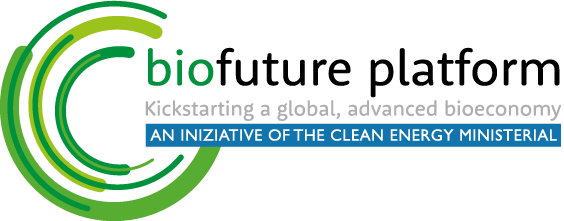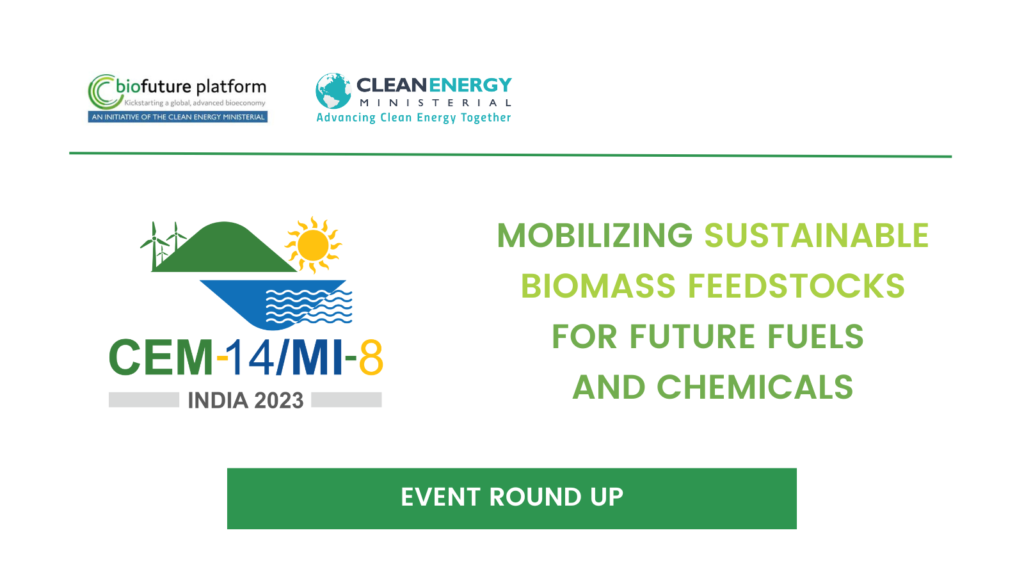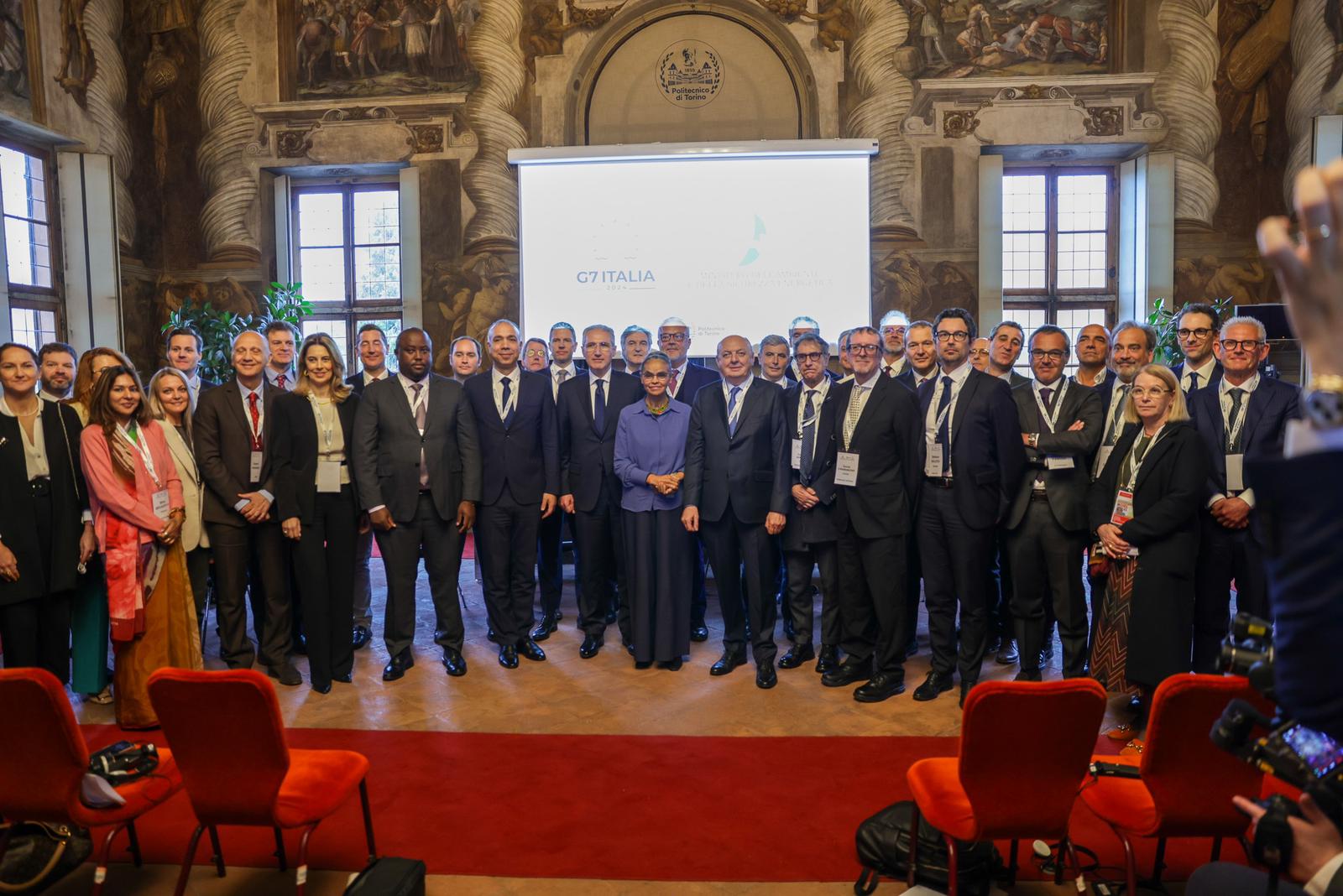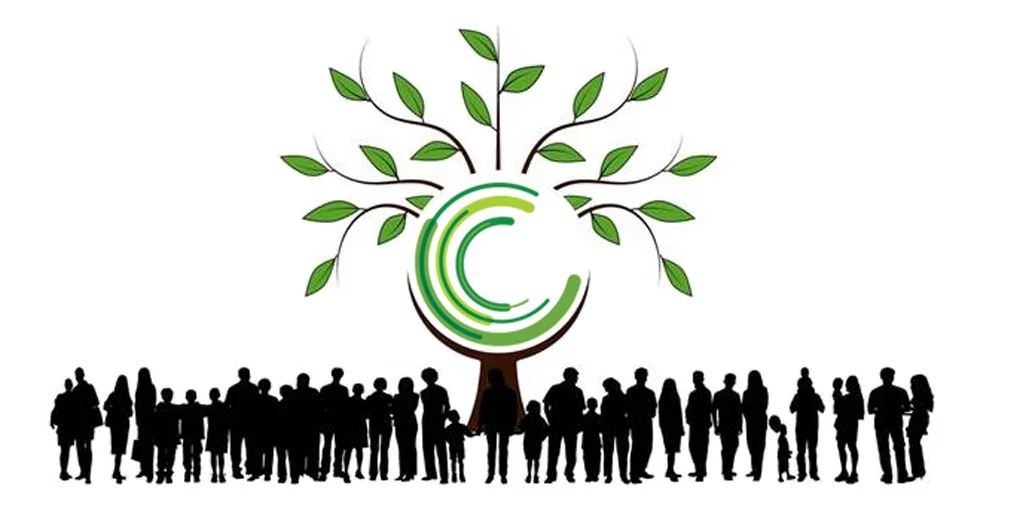CEM14/MI-8 Side Event 1.7
Summary
The CEM14/MI-8 Side Event on Mobilizing Sustainable Biomass Feedstocks was held on 19 July 2023. The Side Event was organized by the CEM Biofuture Platform Initiative and the Co-leads of the MI Integrated Biorefineries (India and Netherlands). The purpose of the event was to enable partners from industry, academia, and technical agencies to share their views regarding how to mobilize sustainable biomass feedstocks for future fuels and chemicals; thereby, shaping the workstreams of the CEM Biofuture Platform Initiative and the MI Integrated Biorefineries Mission.
The Side Event consisted of two technical sessions that (1) supported the launch of the Global Biofuels Alliance and (2) enabled a more detailed exchange in support of the CEM14/MI-8 CEO – Minister Biofuture Roundtable.
The Side Event showcased the need for increasing public and private sector commitment to the innovation, investment, and policy needed to fulfil the potential for bio-based fuels, chemicals, and materials to enable the Net Zero future.
Key Takeaways
1. Participants strongly encouraged international bodies, such as the Clean Energy Ministerial and Mission Innovation, to bring together governments and international technical agencies to harmonize national and sub-national policies whose aim is to reduce the carbon intensity of transportation and heavy industries.
2. Participants agreed that there are multiple sources of underutilized biomass, including sugar cane bagasse, rice straw, and various carbon-rich industrial and organic waste streams.
3. National leadership and coordination is needed to realize the ability of this biogenic carbon to substitute for fossil carbon. G20 countries are encouraged to do national biomass resource assessment and to improve monitoring, reporting, verification, and sharing of data related to the production and use of biomass resources.
Session Highlights
• Abundant carbon rich streams are under-used today, including organic wastes, agricultural crops and residues, and industrial waste streams. National governments should invest in the transportation and storage logistics necessary to bring these sources of renewable carbon to market.
• Industry is making progress on improving the traceability and sustainability accounting for the entire biogenic carbon supply chain.
• Carbon accounting practices and data requirements vary from one jurisdiction (or market) to another. Industry welcomed greater data transparency and recommended harmonizing carbon accounting protocols. Transparent, well-understood carbon accounting protocols are necessary for both voluntary carbon markets and obligatory national and sub-national carbon reduction policies to function well.
• Additional investment is needed to realize the role of bio-based fuels and chemicals in the Net-Zero Circular Economy. Investment is certainly lagging in OECD countries, but it is especially lagging in emerging markets, which is unfortunate because emerging economies would often benefit the most from investments in agriculture and forestry.
• Ensuring that farmers benefit from the increased use of bio-based fuels and chemicals is necessary to realize a vibrant bio-based economy. Digital tools are becoming available to improve farmer participation in and income from evolving biomass supply chains.
• Sustainable biomass can be converted into diverse products, such as power, heat, green hydrogen, compressed biogas (CBG), ethanol, and hydrocarbons like renewable diesel and sustainable aviation fuel.
• India is developing data resources and knowledge management tools to better understand and manage its biomass resources. Efforts are being made to develop dynamic, digital tools to evaluate and assess residual biomass availability.
• India is working to develop a range of crops with better characteristics as sources of biomass to supply a growing bio-based economy.
• Canada has helped rural communities – and indigenous peoples – benefit from their biomass resources and made investments to help bring these resources to market.
Meeting Agenda
Session 1: Sustainability – Building confidence through data and transparency.
Moderator
Jim Spaeth | Program Manager, Bioenergy Technologies Office, US DOE & Chair, CEM Biofuture Platform Initiative
Speakers
• Paul Bloom | Chief Carbon Officer & Chief Innovation Officer, Gevo
• Lt. Col. Monish Ahuja | Chairman & Managing Director, PRESPL
• Vikram Gulati | Country Head & Senior Vice President, Toyota Kirloskar Motors
• Mariano Ruiz | Vice President of International Affairs, Drax
• Sam Lehr | Manager of Sustainability & Markets Policy, Renewable Natural Gas Coalition
Session 2: Availability – Bringing more sustainable feedstocks to market
Moderator
Paolo Frankl | Head of Renewable Energy Division, International Energy Agency (IEA)
Speakers
• Suhas Baxi | Co-Founder & CEO, BiofuelCircle
• Mr. Aditya Jhunjhunwala | President, Indian Sugar Mills Association
• Dr. Pradeep Srivastava | Executive Director, Technology, Information, Forecasting and Assessment Council (TIFAC)
• Dr. A.V. Umakanth | Principal Scientist, (Plant Breeding), ICAR-Indian Institute of Millets Research
• Frank des Rosiers | Assistant Deputy Minister of Strategic Policy and Innovation, Natural Resources Canada





